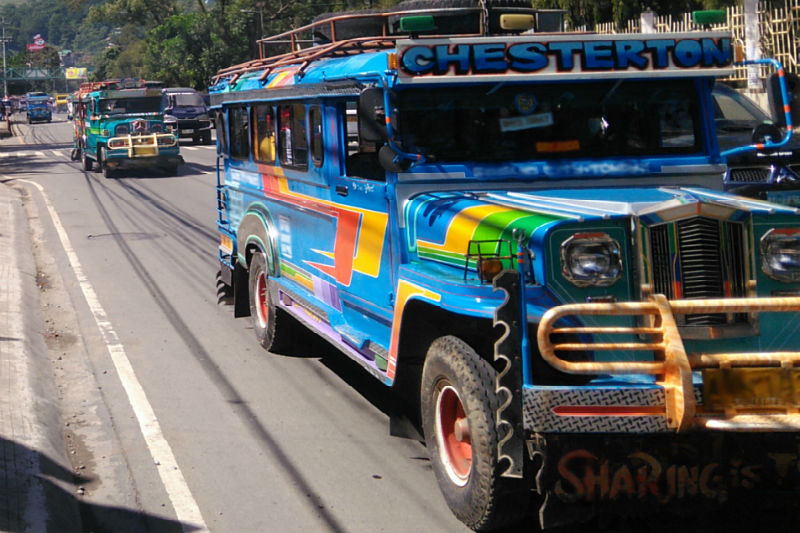The Supreme Court (SC) nullified the Certificate of Ancestral Land Title (CALT) of an Ibaloi family covering portions of a forest reservation because Baguio is reportedly excluded from the protections guaranteed by the pertinent provisions of Republic Act (RA) 8371 or the Indigenous Peoples Rights Act (IPRA) of 1997.
However, the SC pointed out that the rights of indigenous peoples will continue to be safeguarded by the United States (US) Supreme Court decision in 1909 called the native title doctrine that recognizes ancestral lands during the American colonial period.
The said decision was enshrined in the High Court’s latest decision last July 11, 2023 but was only posted on its website recently where it reiterated its previous rulings that Section 78 of RA 8371 exempts the Baguio townsite reservation from its coverage since the city will continue to be governed by its charter that is why no ancestral title may be issued in favor of claimants from the city.
The decision penned by Associate Justice Marvic Leonen addressed the government’s petition for review of a 2013 Court of Appeals (CA) ruling that upheld the issuance of four CALTs inside a Baguio forest that was granted by the National Commission on Indigenous Peoples (NCIP) in 2008.
According to the decision, the IPRA did not overturn the native title doctrine that was laid down in Carino versus Insular government that recognizes ownership of land occupied and possessed since time in memorial.
The aforesaid doctrine arose from a lawsuit filed by Ibaloi tribal leader Mateo Carino against the America colonial government for allegedly taking over his property within Camp John hay.
The US high tribunal stated that Carino may not have titled his lands while the country was governed by Spain but he retained his native rights because he occupied his property since time in memorial.
“The NCIP has no authority to issue ancestral titles over territories declared part of Baguio city prior to the enactment of IPRA. Only when Congress reclassifies these properties through law will the NCIP have the authority to issue ancestral titles over Baguio City,” the decision added.
Further, it pointed out that when land had been held under private ownership, it is presumed to have been held in the same way from before the Spanish conquest.
The high tribunal argued that by providing occupation since time in memorial, the land is presumptively private and the burden of proof shifts to the government to show that the land was ceded to the State.
The SC explained that claimants may still pursue registration of titles and prove their ownership pursuant to the Carino doctrine despite the city being exempted from the coverage of IPRA.
The SC noted the need to nullify the CALT that was issued to Lauro Carantes covering portions of Forbes Park because the claimants were not able to prove possession of the property since time in memorial.
Proclamation No. 10 which was issued in 1924 declared Forbes Park covering a number of city barangays as forest reservation.
The SC asserted that unlike the Carino claimants, the heirs of Carantes were not able to show that they had been possession and occupying the land subject of the CALT since time in memorial, thus, there is no presumption that the land is private and that there is no ownership that will be recognized in favor of the heirs of Carantes.
Earlier, the Department of Environment and Natural Resources (DENR) discovered that the land claimed by the heirs of Carantes has not been traditionally occupied by the claimants and their ancestors. The land has been reportedly occupied by other individuals with vested property rights such as the Camp John hay (CJH), the Baguio Country Club (BCC) and the Baguio Water District (BWD).
The SC noted that the claimants were descendants of Mateo Carantes, a cousin of Mateo Carino who sold a portion of their claims to a private company before they were awarded the CLTs.
Concerned individuals and government agencies involved in the said case are studying the possibility of filing a motion for reconsideration or whatever feasible legal action for the SC to further clarify its decision since it will have an impact to the previous CALTs that were issued by the NCIP to other individuals and groups that claim to have occupied their properties since time in memorial. By Dexter A. See
















